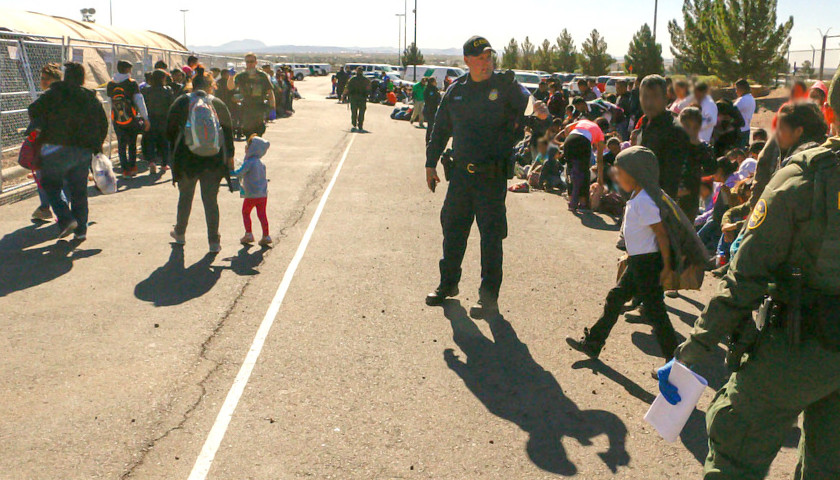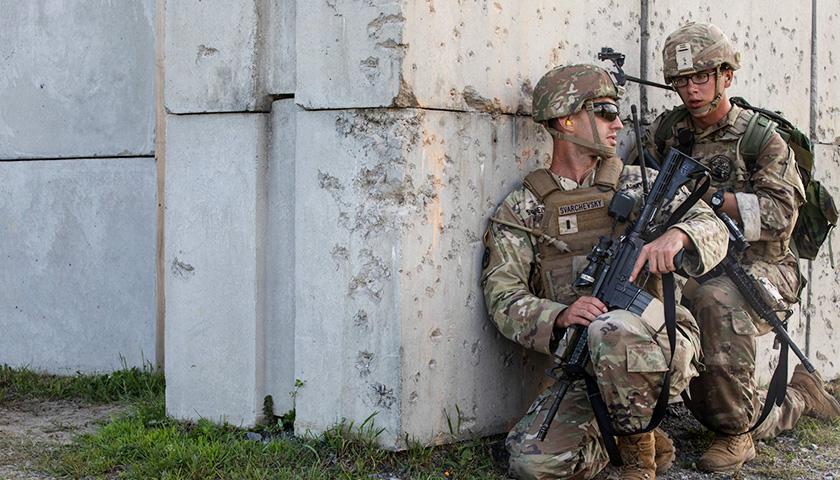Rape trees, river floaters, skeletal remains, and fentanyl candy. The new vernacular of illegal immigration is an indictment of the U.S. Department of Homeland Security’s (DHS) loss of operational control along the U.S.-Southern border. A consequence of this is the transformation of cartel insurgencies into well-formed armies that recruit and employ uniformed soldiers, have supporting intelligence operations, and control terrain. The challenge now confronting state and federal law enforcement is no longer how to deter an insurgency; it’s how to defeat an army.
Modern armies are resourced by nation-states who provide moral leadership in times of war. But the accountable governments of nation-states can falter and fail. Mexico in particular has a compromised central government that is not protecting its own homeland from subversive actors. When this happens, a conglomerate of paid professionals, mercenaries, conscripts, and criminals fills the void to either protect or exploit the resources of a community. It was true within the first communities of Mesopotamia, and it is happening now in communities across Mexico. This is how armies begin. A state is incapable of securing its communities, accountable governments lose legitimacy, and subversive actors start vying for control of terrain to exploit resources.
Read More


